Security News
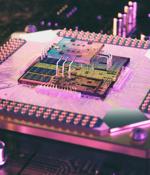
OpenSSH 9 is here, with updates aimed at dealing with cryptographically challenging quantum computers. A bigger nod to the future has come in the form of the use of the "Hybrid Streamline NTRU Prime + x25519 key exchange method by default."
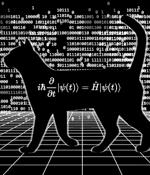
As you probaby know, so-called quantum computers work in a rather mysterious way compared to conventional computers, inasmuch as they can perform certain sorts of calculation so that they effectively "Compute" all possible answers simultaneously in what's known in the jargon as a quantum superposition. So if quantum computers ever do become both reliable and powerful enough to work their superpositional algorithmic magic on 2000-digit prime factors, then breaking into messages we currently consider uncrackable in practice may become possible in theory.
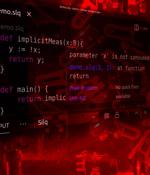
Amid the COVID-19 crisis, the global market for quantum cryptography estimated at $93.1 million in the year 2020, is projected to reach a revised size of $291.9 million by 2026, growing at a CAGR of 20.8% over the analysis period, according to ResearchAndMarkets. The U.S. quantum cryptography market is estimated at $40.6M in 2021.

Quantum computing is poised to transform the industry over the next decade. As this technology advances over the next decade, quantum computing is expected to expose vulnerabilities in public-key cryptography encryption algorithms within seconds.

Finally, we calculate the number of physical qubits required to break the 256-bit elliptic curve encryption of keys in the Bitcoin network within the small available time frame in which it would actually pose a threat to do so. It would require 317 106 physical qubits to break the encryption within one hour using the surface code, a code cycle time of 1 μs, a reaction time of 10 μs, and a physical gate error of 10-3.

A quantum gate between the ions can be implemented using electric fields. One is a so-called trapped-ion platform, one of the most promising candidates for quantum computing that makes use of ions - atoms that have either a surplus or a shortage of electrons and as a result are electrically charged.
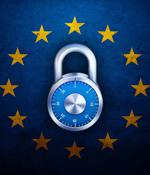
A critical part of that defense is establishing a secure communication infrastructure, using the principles of quantum computing. Europe's foray into quantum communication is extremely promising.
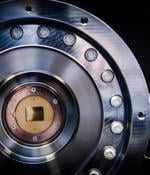
Quantinumm's software company Cambridge Quantum announced a new way to provide cryptographic keys that uses Honeywell's H1, entanglement and an API. Quantum Origin can run on any quantum computer and is designed to integrate into existing cybersecurity solutions. This new cloud-based method uses quantum entanglement to generate cryptographic keys and is based on verifiable quantum randomness, according to the company.
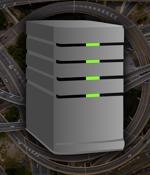
IDC published its forecast for the worldwide quantum computing market, projecting customer spend for quantum computing to grow from $412 million in 2020 to $8.6 billion in 2027. The forecast includes core quantum computing as a service as well as enabling and adjacent quantum computing as a service.

Due to the number of systems requiring updates, and the interdependencies of these systems, this will be a large, multi-year project for most enterprises. With a full inventory of systems using cryptography in hand - including details on algorithms, crypto libraries and hardware accelerators used - they can begin planning to migrate to PQC. Planning must take into consideration where systems are sourced and what systems are internally controlled vs. externally controlled.